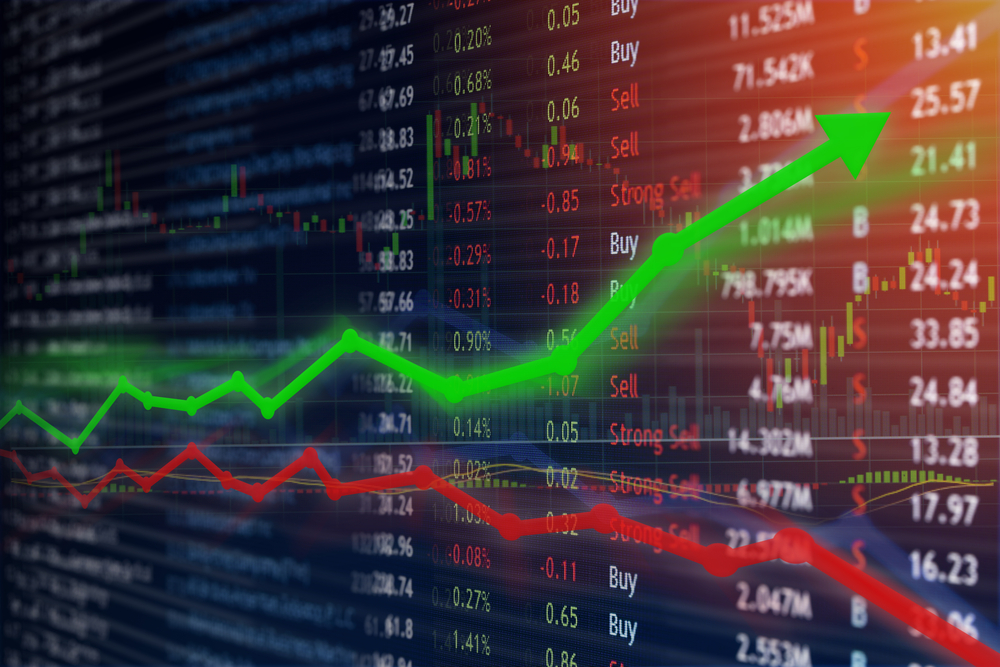European stock markets are experiencing declines.
Others are reading now
European stock markets are facing another day of widespread losses, continuing a trend that has been going on for several days.
On Friday morning, major indices like the EuroStoxx 50 and the Ibex 35 were down more than 1%.
The EuroStoxx 50 is now around 4,700 points, and the Ibex 35 is close to 10,700 points.
This development was reported by El Economista.
Also read
Following the U.S. Market
One reason for the drop in European markets is their close connection to U.S. stock markets, which are also seeing big declines.
U.S. futures are predicting further drops, especially in the technology sector, where the Nasdaq 100 index is expected to fall by nearly 2%.
This is largely due to disappointing earnings reports from major companies like Intel, Apple, and Amazon. Intel’s stock dropped nearly 20% after releasing its quarterly results, and Amazon’s shares fell by 7% in after-hours trading.
These poor performances in the U.S. are having a ripple effect on global markets, including Europe, where investors are reacting to the same concerns.
The sharp drop in tech stocks shows how sensitive the market is to the earnings of big companies.
According to analysts at Bankinter, these tech giants have high expectations placed on them, so any negative news leads to significant sell-offs.
Waiting for U.S. Economic Data
Another factor affecting European markets is the anticipation of important economic data from the United States.
Later today, the U.S. will release its latest job creation numbers and unemployment rate.
Analysts expect the data to show a slowdown in the job market, with job creation expected to drop to 175,000 from June’s 206,000, while the unemployment rate is expected to stay stable at 4.1%.
This data could influence what the Federal Reserve does next with interest rates. If the economic data is weak, it could lead to expectations that the Fed will cut rates multiple times in 2024, which might initially calm the markets but could also raise concerns about the health of the U.S. economy.
Experts, like those at Renta 4, are concerned about whether the U.S. economy is heading for a “soft landing” or a more serious downturn.
A soft landing means a controlled slowdown that avoids a recession, while a hard landing could mean a sharp economic downturn that the Fed might struggle to handle.
This fear of a hard landing is making investors nervous, leading to more selling in European markets.


